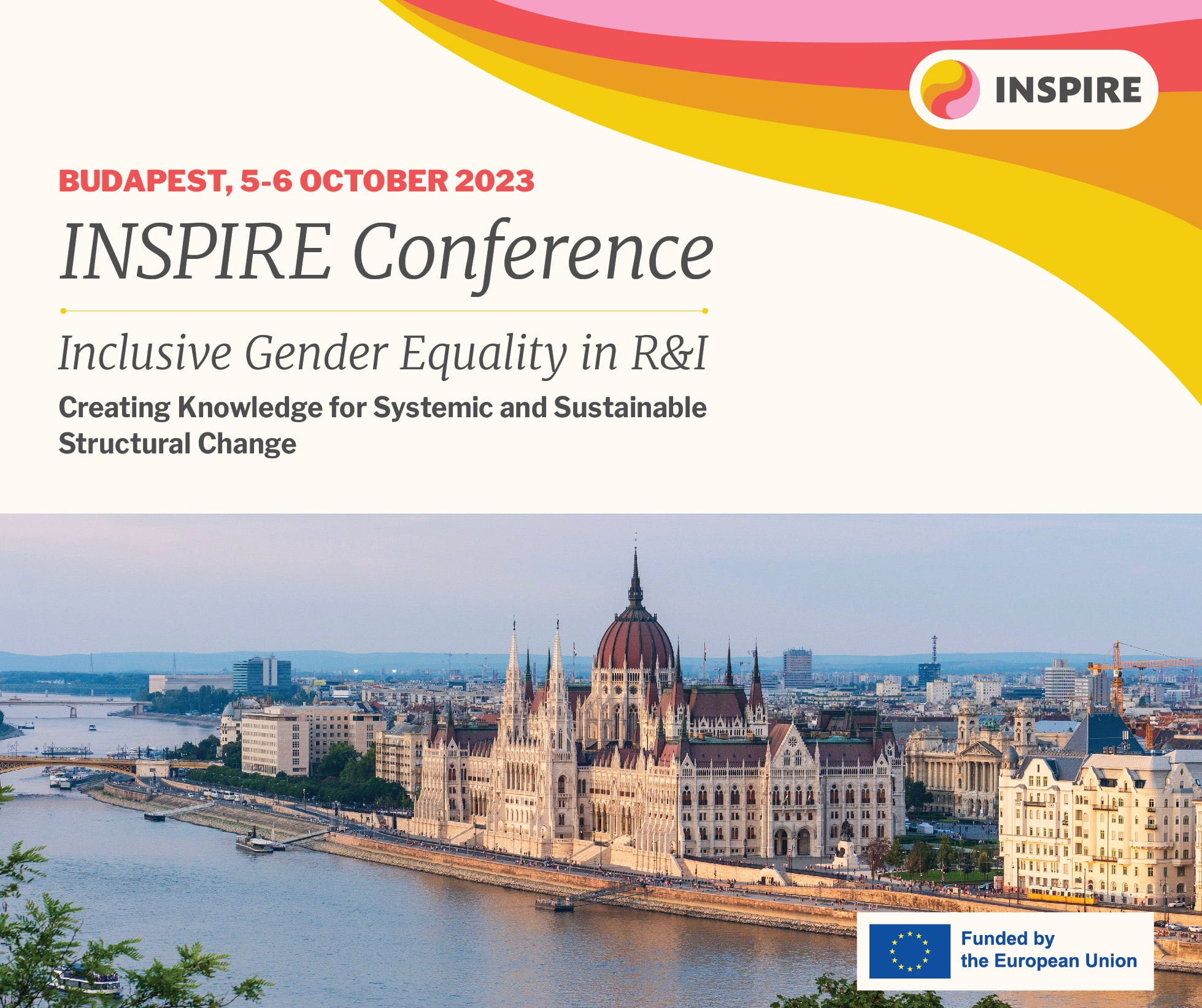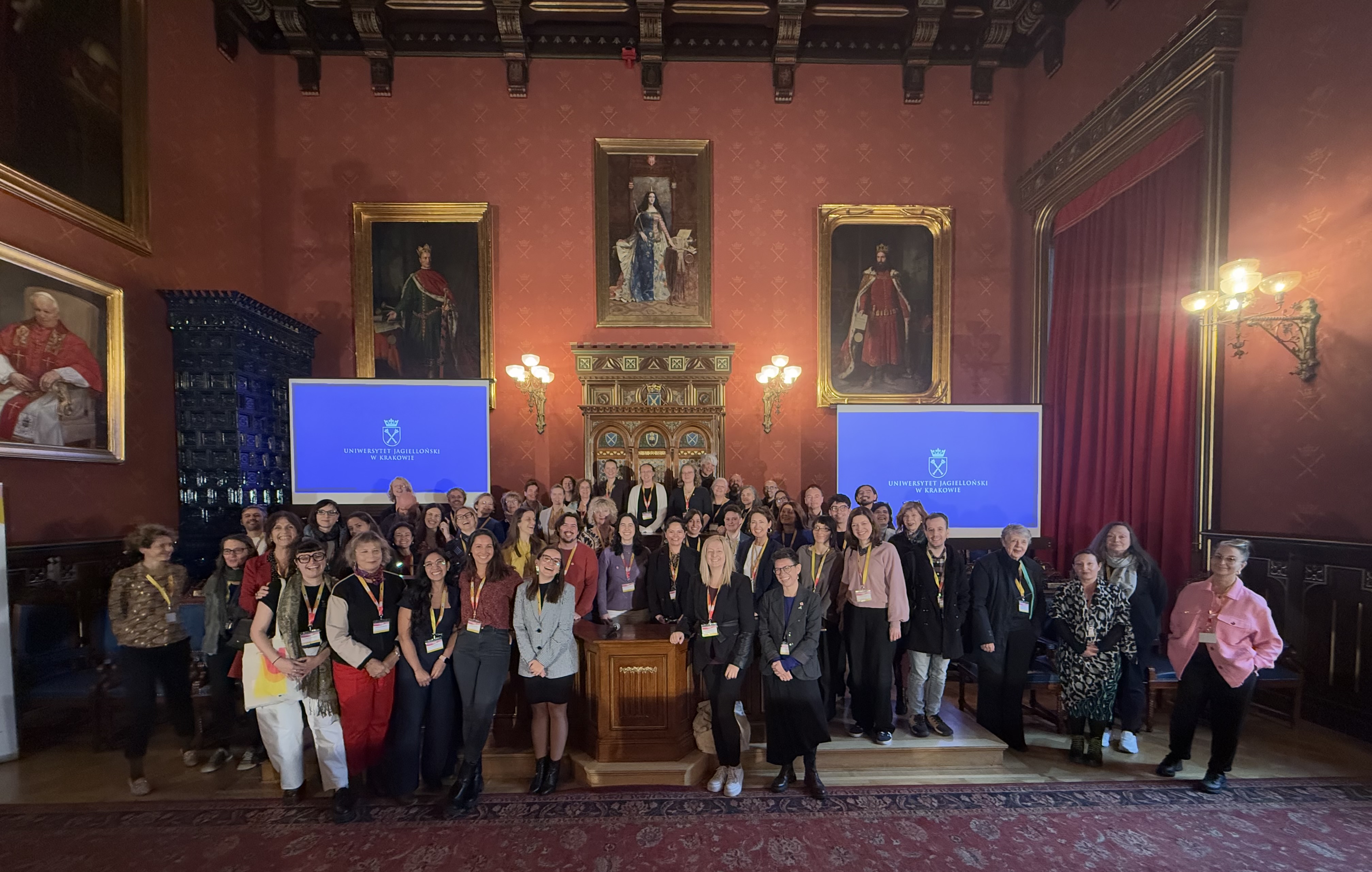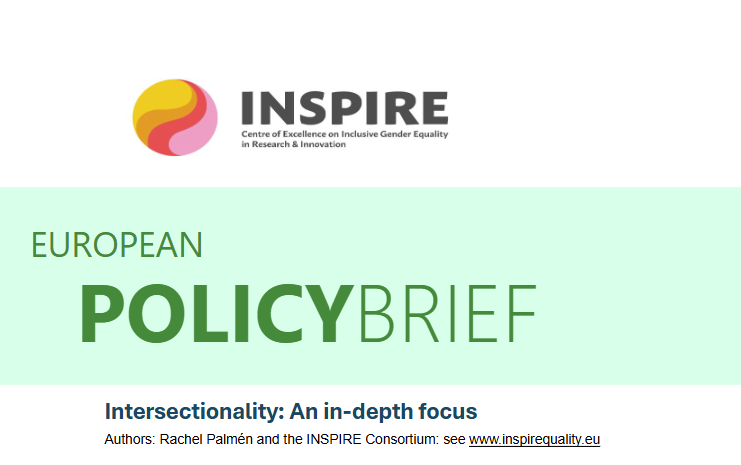Since the publication of the ETAN report in 2000 by the European Commission, much research has been devoted to understanding the reasons for and the consequences of the underrepresentation of women in research.
From 2012 onwards, enacting institutional change through gender equality plans has been the preferred strategy to tackle gender inequalities in research careers, decision-making (boards and leadership positions) as well as integrating the gender dimension in research content and teaching. Dedicated funding has been provided to over 200 research performing and research funding organisations through over 30 projects of consortia with on average 6 or 7 organisations working together with an overall budget of over EU 72 million (European Commission 2021).
A great deal of knowledge has been generated about these structural change processes, now the subject of numerous academic articles, books and reports. Gender experts and practitioners have developed institutional change and gender based competences. With Horizon Europe, the European Commission askes for:
- mechanisms to drive forward this momentum for institutional change by requiring that the benefiting organisations have in place Gender Equality Plans,
- project proposals to examine if and how biological and/or socio cultural gender dimensions may influence the results and outcomes.
The key challenges
In growing recognition of the multiple inequalities in R&I organisations, beyond gender, Gender Equality Plans have become Inclusive Gender Equality Plans and the European Commission is funding consortiums to implement these plans. There is, however, very little consensus on what an “inclusive gender equality” plan actually is and what ‘inclusion’ means in this context. Inclusion can be understood as a participatory process enacted throughout the design, implementation and evaluation of the GEP. This process aims to involve different stakeholders, including under-represented groups- throughout the GEP, audit, design, decision-making and implementation processes. This should be complemented by an intersectional approach which recognises the need to go beyond gender, and examines how gender intersects with other axes of privileges and disadvantages, i.e. race/ ethnicity, religion, gender identity and sexual orientation, socio-economic background and class, and dis/ability, health and chronic illness. Whilst there is a general consensus that historically marginalised groups should be involved in the production of knowledge, if science is to be excellent and innovations socially relevant– how to achieve this is very much up for debate.
The focus of our event
The INSPIRE conference, which will take place in Budapest on the 5-6 October, aims to reach out to those experts, practitioners and researchers responsible for developing gender equality plans, particularly for those grappling with the shift to more inclusive, intersectional GEPs.
Our Knowledge & Support hubs, Sustaining Change, Widening Participation, Intersectionality and Innovation will present their cutting edge work as well as start a dialogue with potential communities of practice that will be provide practical support through INSPIRE.
Key questions include:
- How can we build on the knowledge and expertise developed in Europe for institutional change towards a greater gender equality and include other axes of (in)equalities?
- How to involve a wide range of stakeholders including historically marginalised groups in an inclusive GEP participatory process, from audit, to design, implementation and evaluation?
- How can the theoretical and methodological work that has been carried out on intersectionality be operationalised to aid the design, implementation, monitoring and evaluation of inclusive GEPs?
- How can we create widespread awareness as well as develop the relevant competences needed for more inclusive gendered research content and innovation, in terms of research questions, methods, outcomes, transfer?
Take a look at the agenda here.
Registration has closed!




